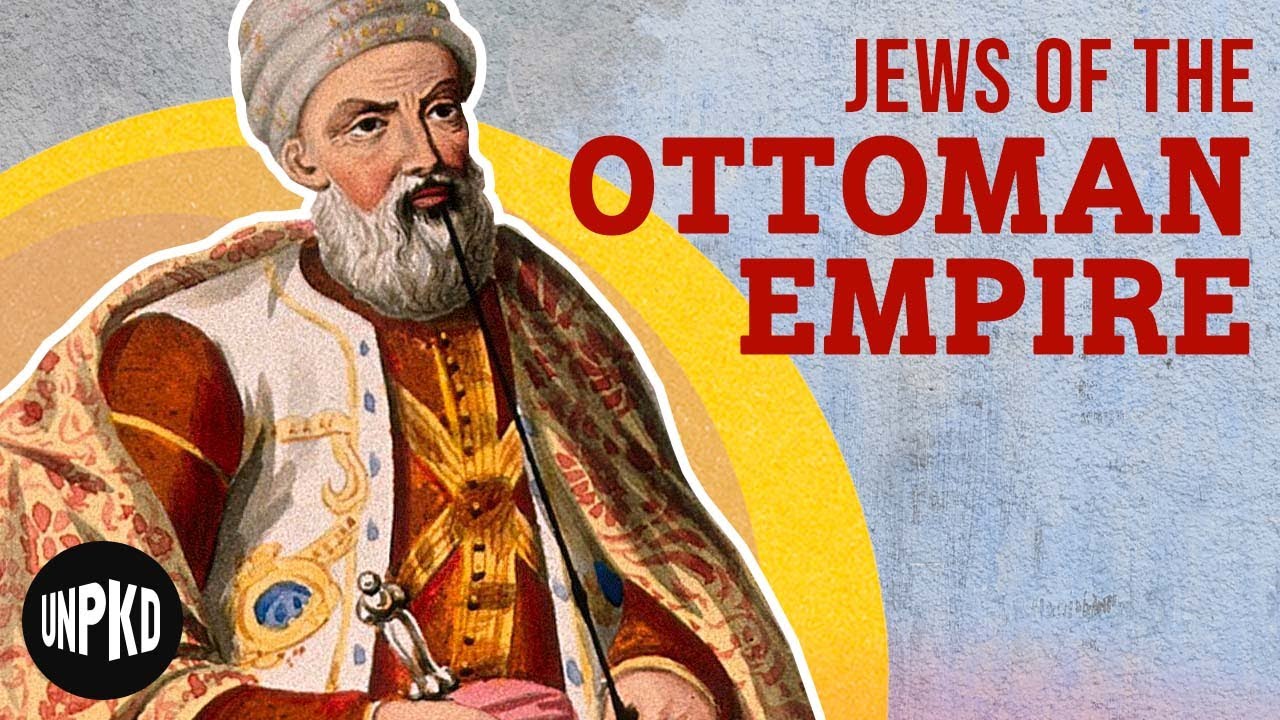
Via Zoom
Howard Schickler will be hosting the next proposed stop on our journey through Jewish History and Culture. This stop is the Ottoman Empire of the 16th and 17th Century which was another golden age for Diaspora Jewry.
Those of you who participated in the program about the destruction of the Jewish communities of Poland during the Chmielnicki Massacres of 1648 (and their subsequent reconstruction) will recall that while many Jews were killed, many were transported to the slave markets of Istanbul where they were redeemed by the Jews of the Ottoman Empire. This program focuses on that community.
Howard plans to gather and share materials on Jewish life in the Ottoman Empire, and Istanbul, Salonica and Izmir, each of which had substantial Jewish communities. If you would like to receive those materials, please let Howard know by clicking here.
This lecture by Professor Mark Stein of Muhlenberg College, follows the fleeing Jews of Spain and Portugal to the Ottoman Empire where they developed the largest and most prosperous Jewish community of that time.
While Jews and Christians were dhimmi’s, subordinated but recognized religious groups, they were free and encouraged to participate in the economy of an enormous empire, while being allowed to run their own communal institutions.
The arrival of the Jews coincided with the expansion of the Ottoman Empire providing an environment in which the Empire and the newly arrived Sephardic Jewish community could grow and prosper in a mutually beneficial way.
Professor Mark Stein
As an historian of the Middle East, Mark Stein teaches a wide variety of courses focused on that world region. In addition to broad survey courses, he offers upper-level courses on topics such as the Arab-Israeli Conflict, the Mongols, Women in the Middle East, and the Ottoman Empire. All courses explore the diverse consequences of encounters between states, peoples, and cultures. Mark Stein’s training as an historian was in the social and economic history of the Ottoman Empire, and his first book was a study of seventeenth-century Ottoman administration of that empire’s frontier with the Habsburgs in Hungary. His current research builds on that topic, to consider more widely the social, economic, political, and military aspects of the Ottoman-Habsburg frontier. Stein is also interested in the broader questions of frontier history, particularly when placed in a comparative framework.